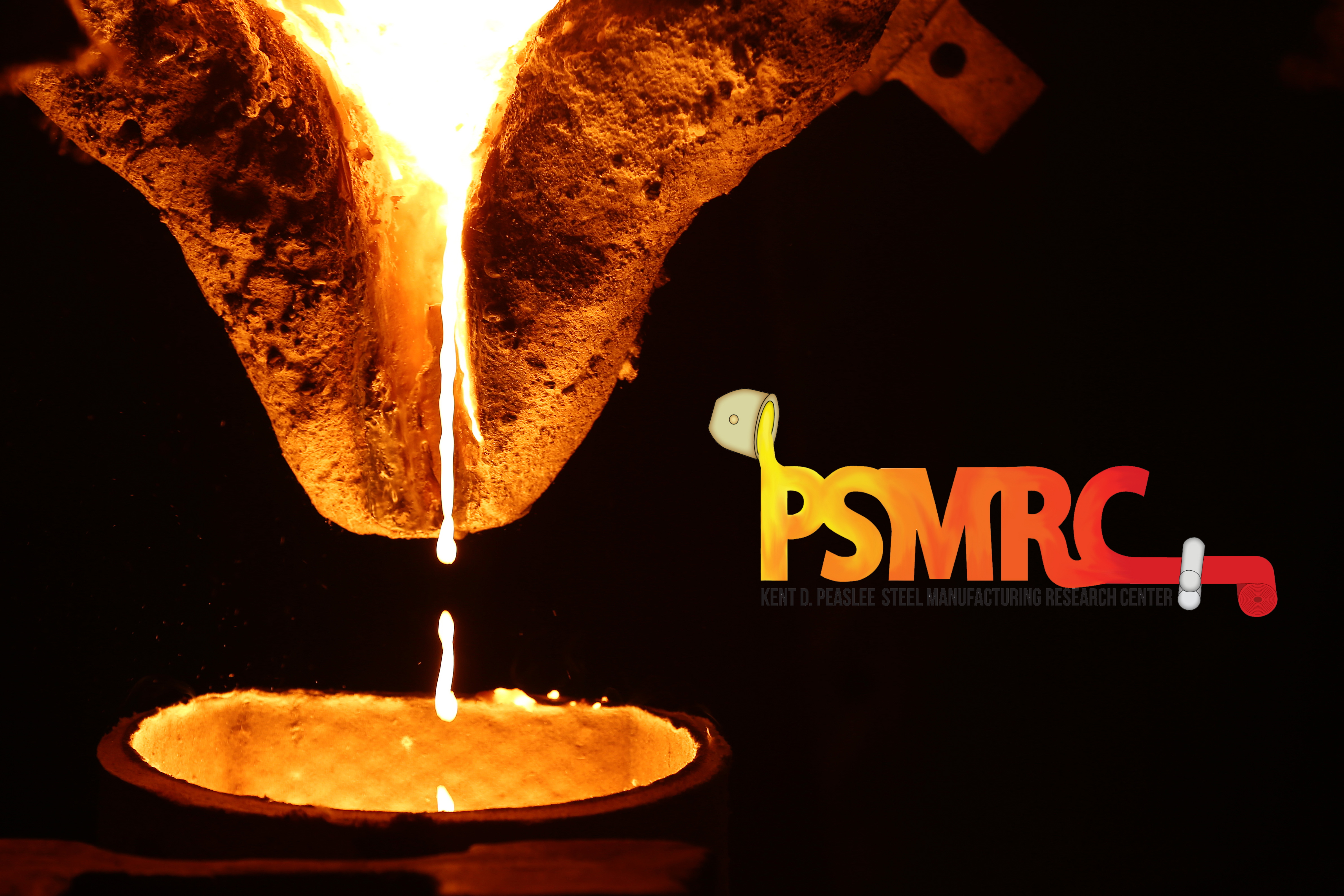Effect of Intensive Quenching on the Microstructure and Mechanical Properties of a Cr-Ni-Mo Steel
Abstract
Intensive spray quenching can reduce distortion and cracking and improve the properties of castings that are difficult to quench using immersion bath techniques widely used in industry. In the current study, commercially cast Cr-Mo-Ni hammer castings were spray quenched in a novel designed intensive quench system with 170kpi (1.17MPa) water pressure and compared to castings that were immersion quenched in a draft tube with >6ft/s (1.82m/s) water flow rate. The time dependent heat transfer coefficients for each quenching condition were determined using stainless steel temperature probes and utilized as inputs into DANTE heat treatment simulation software to model microstructural development, hardness, and residual stress development. Residual stress distribution, and crack initiation was correlated to areas of large tensile stress concentration and microstructural heterogeneity in castings that were immersion quenched. Using an interrupted spray quench resulted in the best quench performance, no cracks, and improved mechanical properties.
Recommended Citation
Amatanweze, Kingsly T.; Buchely, Mario F.; Athavale, Viraj A.; Bartlett, Laura; and O'Malley, Ronald J., "Effect of Intensive Quenching on the Microstructure and Mechanical Properties of a Cr-Ni-Mo Steel" (2023). PSMRC Faculty Research. 10.
https://scholarsmine.mst.edu/psmrc_facwork/10
Department(s)
Materials Science and Engineering
Keywords and Phrases
Distortion, quench cracking, intensive quenching, residual stress, quench performance
Document Type
Conference proceedings
Document Version
Citation
File Type
text
Language(s)
English
Publication Date
19 October 2023



